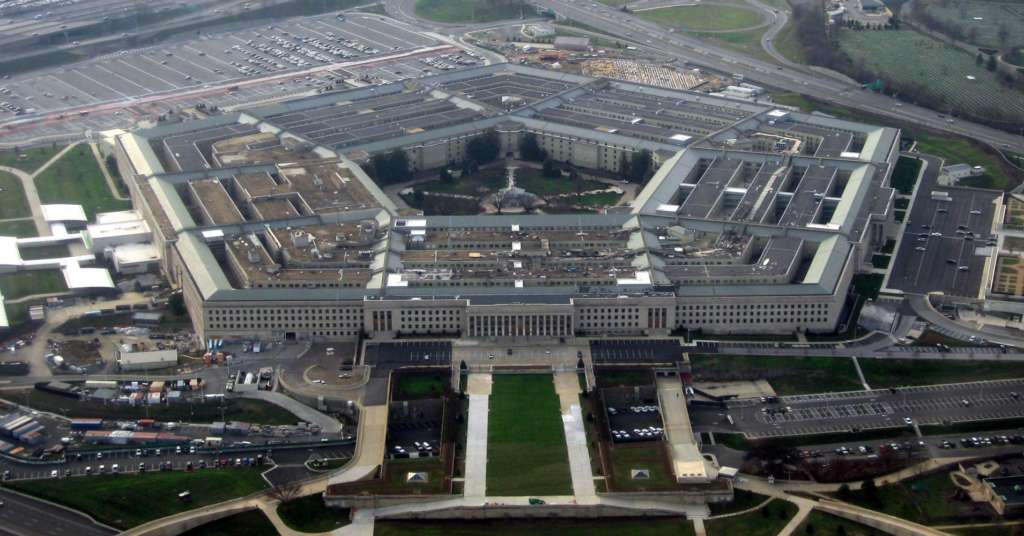Washington-At the time when U.S. soldiers claim that ISIS militants are withdrawing from Syria and Iraq and decisive attacks are prepared for them in Mosul and Al-Raqqah, the troops said they will not transfer any of the detainees to U.S. military bases, especially Guantanamo Bay, which used to receive detainees from al-Qaeda in the past.
Last week, Republican members in the Congress, who refused the closure of Guantanamo base, said that important detainees from ISIS could be sent there in addition to those from al-Qaeda militants.
On Thursday, U.S. soldiers told the New York Times newspaper that forces fighting ISIS militants in Iraq and Syria are not detaining a large number of them since the militants are fighting in the “inghimasi” strategy.
ISIS calls them “inghimasi,” zealous foot soldiers who intend to fight to their deaths. The shooting only stops when almost every ISIS fighter has been killed.
However, that could change as the coalition moves toward ISIS’s largest urban strongholds, Mosul in Iraq and Al-Raqqah in Syria, raising a potential problem for the United States.
The U.S. soldiers ruled out any detention operation in Syria and Iraq and said special commando fighters, who are fighting ISIS, handed over two detainees to the Kurdish Peshmerga forces in northern Iraq.
One of these soldiers said: “After the experiences of the past decade in the wars in Afghanistan and Iraq, we are determined not to revive large-scale detention operations.”
For his part, Spokesman for the American military forces in Baghdad Col. Steve Warren said: “We are not equipped for long-term detention. We’re not set up here for that, so we’re not in that business.”
“We take the treatment of detainees very seriously and have every reason to believe the Syrian Democratic Forces will do so, as well,” Colonel Warren stated.
When asked about the U.S. forces’ plan if the S.D.F. detained leaders in ISIS, Warren answered, “there was none,” noting that the United States-led coalition does not provide “direct supervision” over their detention practices.
Moreover, “the United States does not intend to engage in the long-term detention of ISIL detainees, nor will we send any such detainees to the detention facility at Guantanamo Bay,” said Myles Caggins, a National Security Council spokesman on Thursday.
On the other hand, President of the International Committee of the Red Cross Peter Maurer said in an interview: “If they’re not killed but detained, we are concerned about the standards of care, who would do it and how it would be done.”
Retired General William K. Lietzau, who oversaw detention policy at the Pentagon from 2010 until 2013, said there was “widespread” opposition in the upper levels of the Obama administration to conducting wartime detention. Yet, the alternative, he said, could lead to war crimes if American-backed local fighters encounter more potential prisoners than they can handle.
“If the numbers start climbing, they’re going to shoot them and you’ll never hear about it,” Mr. Lietzau said.
He pointed out to what happened in Afghanistan during the fall of Taliban rule in December 2001. “At least hundreds, perhaps thousands, of Taliban prisoners of war who had surrendered to forces loyal to an American-backed warlord were killed,” he said.
Nevertheless, while international human rights groups say they, too, are concerned about the humane treatment of detainees, there appears to be little desire among them for the United States to run a new wartime prison. Such groups have spent the past decade criticizing abuses at the former prison operations at Bagram Air Base in Afghanistan and at Abu Ghraib in Iraq, as well as at the prison at Guantánamo Bay, Cuba, which is still open.
Christoph Wilcke, a Human Rights Watch researcher who specializes in Iraq, said that scenario could permit ISIS militants who are responsible for specific atrocities, like the slaughter of thousands of Yazidis in 2014, to escape prosecution.
“I am interested in detention issues for the sake of justice,” Wilcke said.
The alternative would be sweeping up large numbers of people, taking them to a holding facility, and attempting through interrogations to identify them and determine what they had done.
